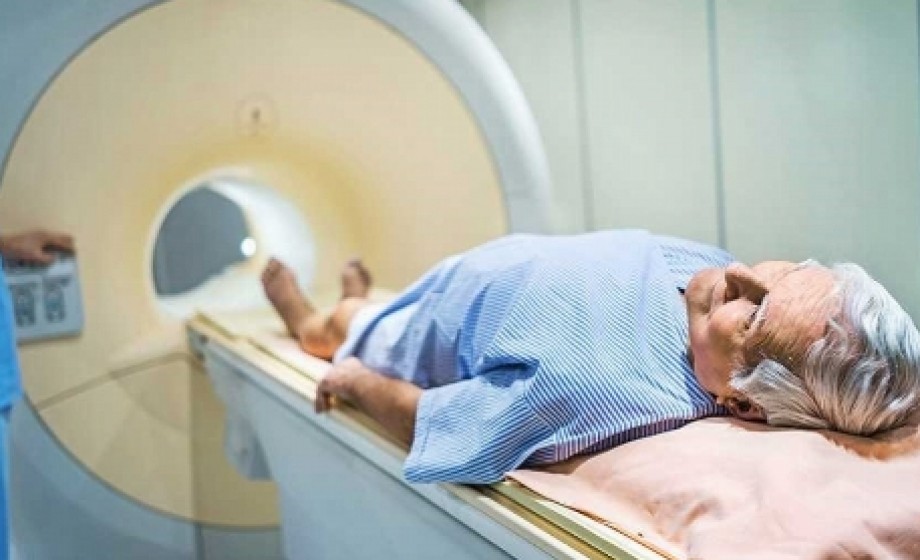How the latest prostate cancer research might affect you
08 Mar 2017
January 2017 saw the results of the PROMIS trial and the evidence confirmed that the use of a Multi Parametric MRI (mpMRI) scan provides a more accurate diagnosis for men before any biopsy has to be considered.
This is great news for patients as currently in many hospitals the gold standard is to go straight to Trans Rectal ultrasound guided biopsy (TRUS) which are very hit and miss. As a result, in these hospitals many men without cancer undergo unnecessary biopsies, and some men are over diagnosed with prostate cancer which is actually clinically unimportant. Furthermore the study showed that half of all clinically important cancers (those which need treatment to stop the cancer growing) are missed with the TRUS biopsy method.
In addition there are potential side effects, including pain, bleeding and infection.
The results of the trial show that one quarter of men may not need to undergo unnecessary prostate biopsy if they undergo an MRI. MRI also detects 93% of important cancers (compared with 48% for TRUS prostate biopsies).
It is important for patients to know that with the prostate gland, cancer can be detected but it doesn’t always mean radical treatment is necessary. Clinically insignificant cancer can be present but is unlikely to cause any problems during a man’s lifetime.
Diagnosis for Prostate Cancer
TRUS guided biopsy process

mpMRI & Template Mapping Biopsy Process

Simply put, the mpMRI scan allows for a more accurate diagnosis for prostate cancer to allow far greater precision diagnosis to occur and therefore every patient has more choice on the next steps and treatment.
Our consultants Richard Hindley and Simon Bott were involved in the trial and brought patients from Hampshire Hospitals Trust and Frimley Health Trust.
Here at Urology Partners, our four consultants all use the mpMRI method for diagnosis of prostate cancer and combine this with fusion template biopsies to get the most accurate diagnosis, therefore enabling us to offer our patients the best treatment possible.
